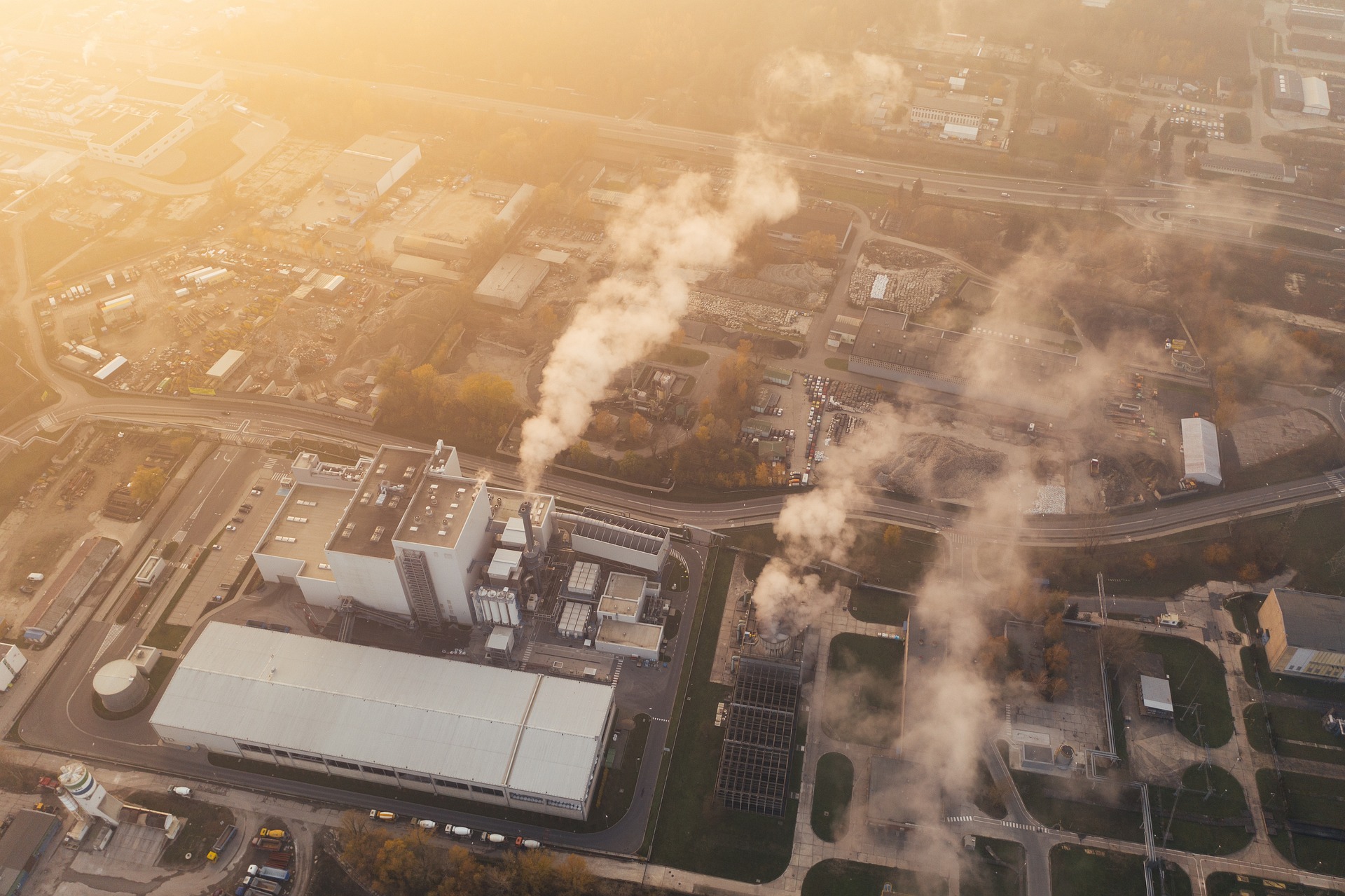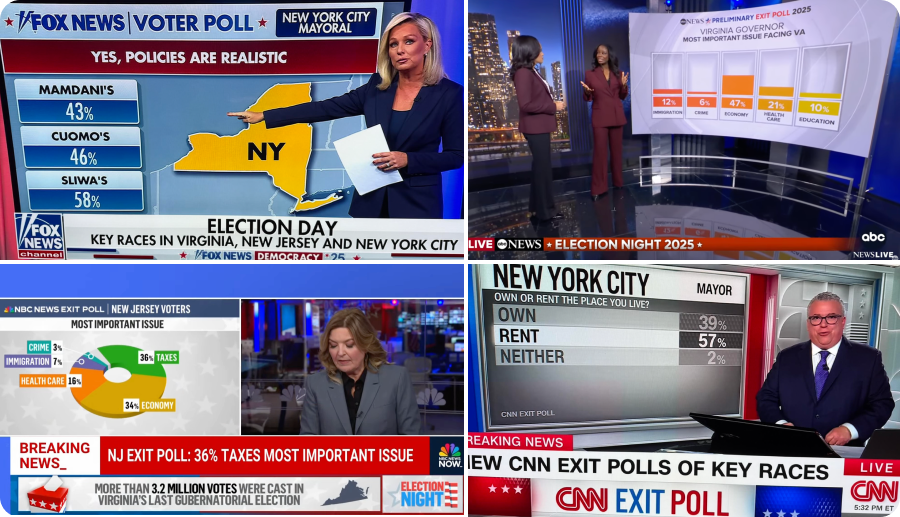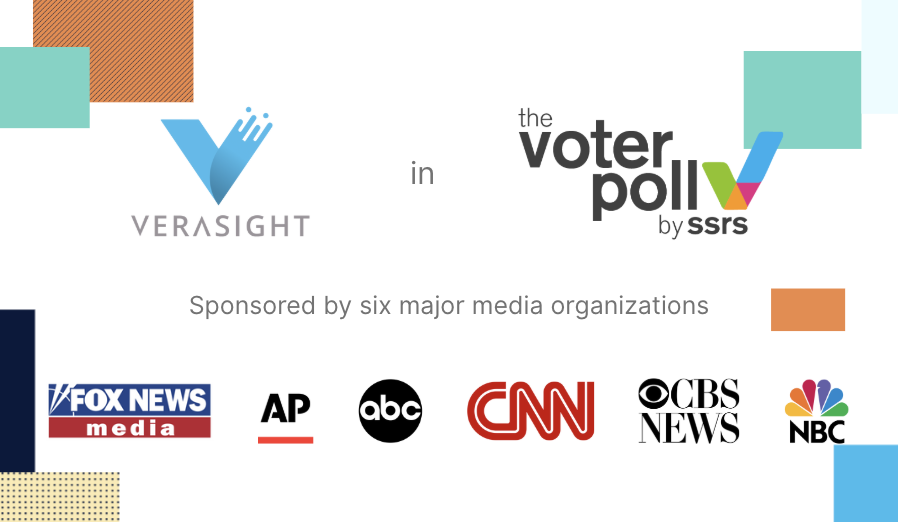Although carbon emissions continue to rise globally, the United States is among the countries whose domestic emissions have actually declined in the 21st century.
This trend is the result of a diverse set of policies: Individual states have implemented programs such as cap-and-trade and many have turned to renewable power sources such as wind and solar. More recently, the Inflation Reduction Act included funding for federal programs such as carbon capture incentives, and last month the Biden administration announced new funding to reduce carbon emissions from power generation and industrial operations.
But do Americans realize that these policies have made positive impacts? To find out, in a recent survey, Verasight asked a representative sample of Americans the following question: “Compared to 20 years ago, are yearly carbon emissions in the United States today higher, lower, or the same?” A large majority of respondents incorrectly said either that US carbon emissions are higher than 20 years ago (59%) or remain at the same level (17%). Less than a quarter (24%) correctly responded that emissions have decreased over the last two decades. Some notable group differences emerge as well: For instance, Democrats (66%) were more likely than Republicans (51%) to say that carbon emissions had increased, and the youngest respondents (18-29 years old) were the least likely age group to know about the decrease in emissions (15%). However, majorities of all demographic groups provided incorrect responses on this issue.
(See the full report for toplines, crosstabs, and methodological details.)

Perhaps these findings should be unsurprising: Knowledge about climate change tends to be low in general, and an analysis of US news outlets found that media organizations cover the threat of climate change more consistently than the effectiveness of actions to mitigate it. But this lack of knowledge may be concerning to those who want to encourage more action to combat climate change. The feeling that actions can make a difference is crucial for public engagement in climate change. For that reason, experts have argued that continued climate vigilance requires communicating both the risks and opportunities around climate change in order to avoid paralysis. Doing more to communicate the effects of successful climate policies will likely be an important step in the continued fight against climate change.


.png)


